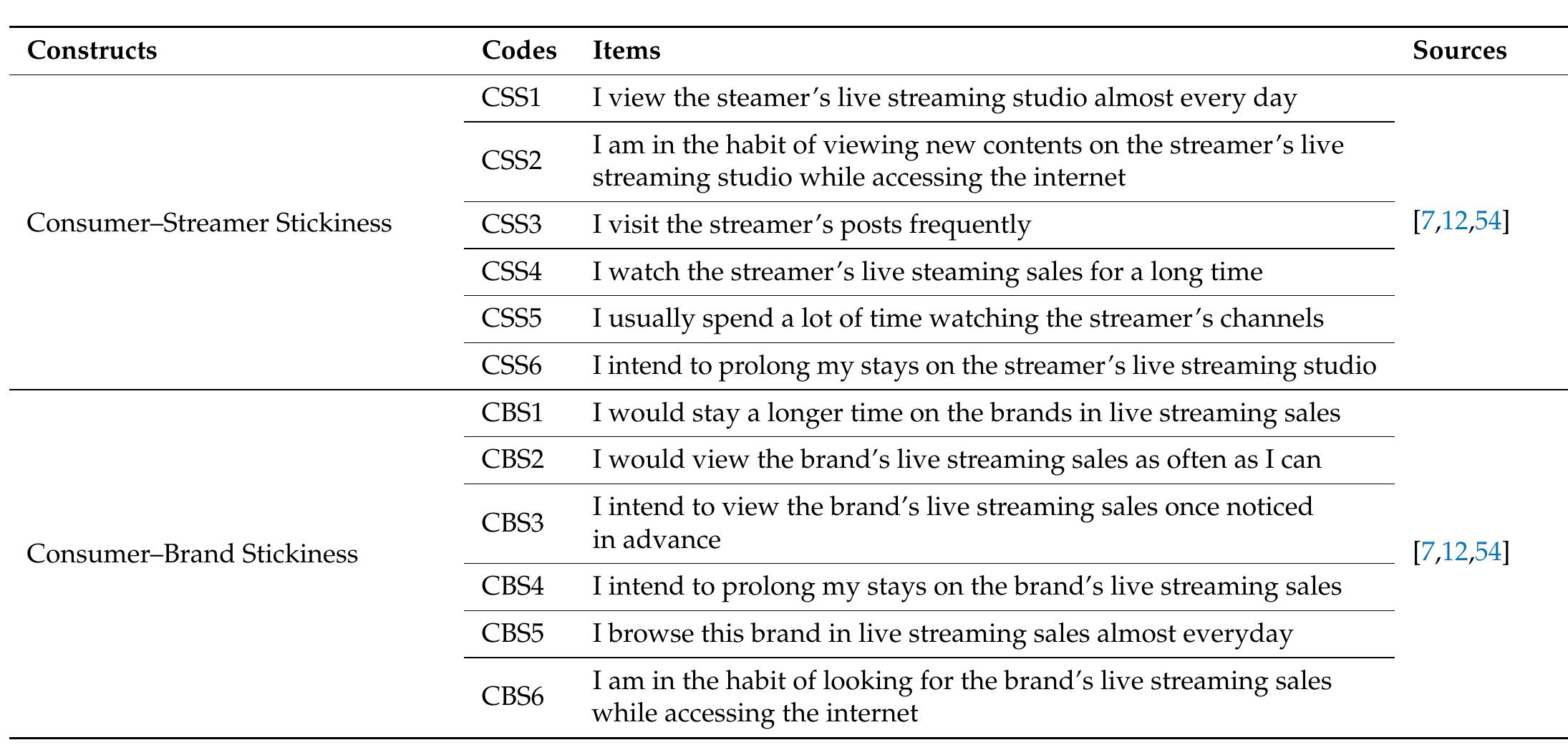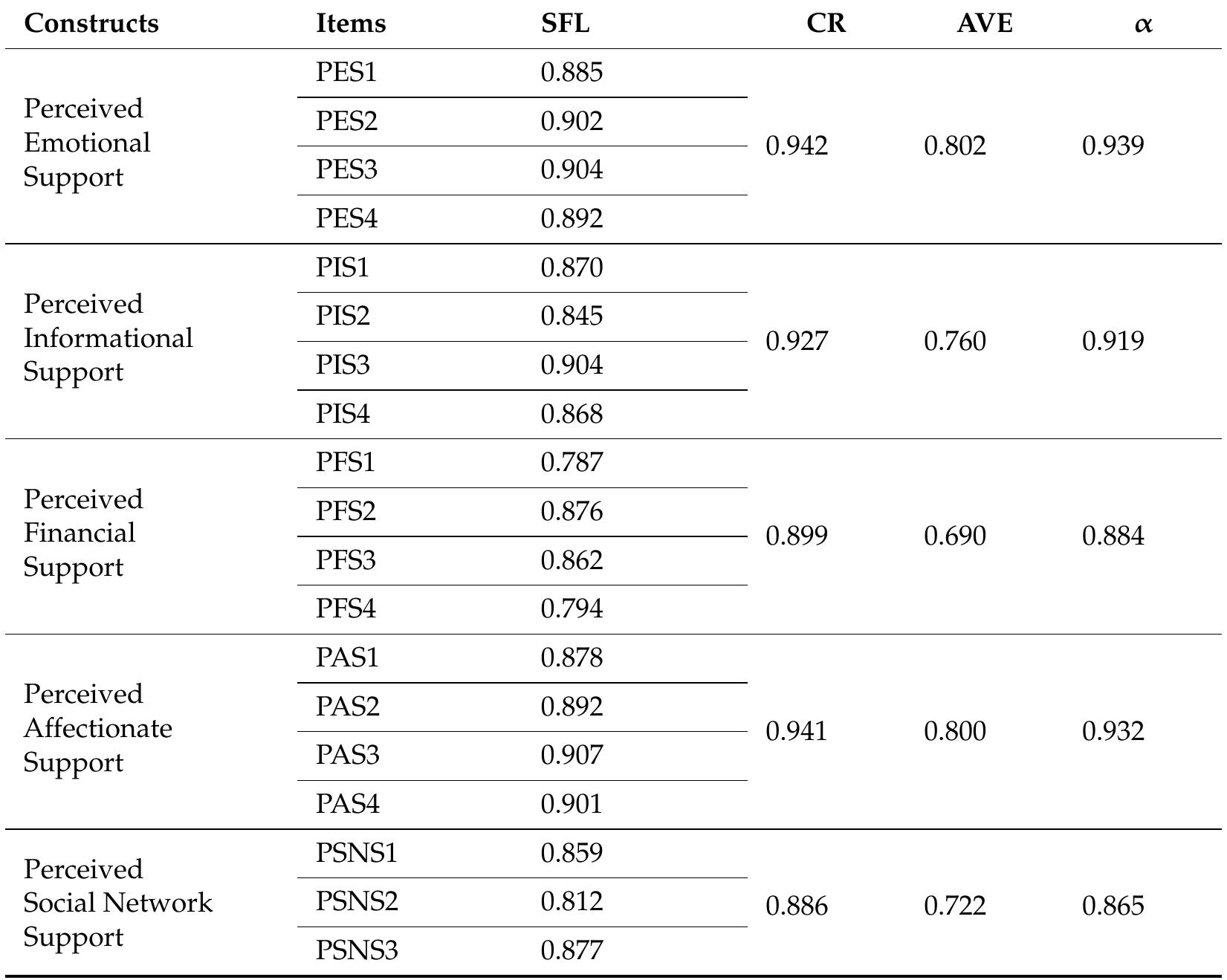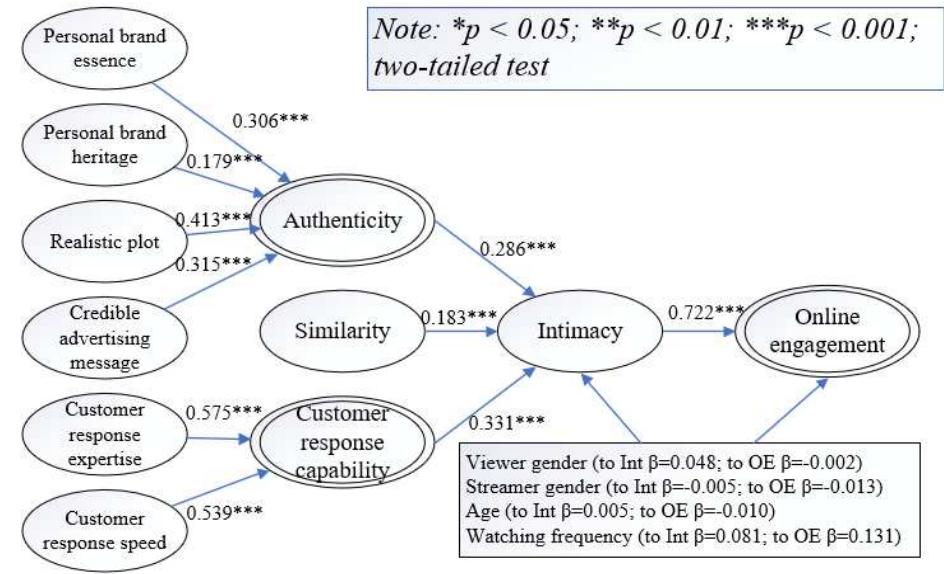Key research themes
1. How can broadcasting protocols optimize bandwidth and reduce latency for live streaming in video on demand (VoD) services?
This research area investigates the design and evaluation of broadcasting protocols that improve the efficiency of delivering video on demand services, focusing on minimizing bandwidth consumption while ensuring low maximum waiting times and latency for viewers. It is critical because VoD systems must scale to many simultaneous viewers without excessive bandwidth use and must offer high-quality, low-latency viewing experiences to compete with traditional broadcast and video rental services.
2. What strategies enhance low latency and quality of experience (QoE) for adaptive live streaming over HTTP and mobile networks?
This theme addresses optimizing HTTP Adaptive Streaming (HAS) technologies and adaptive bitrate (ABR) algorithms to minimize end-to-end latency, reduce buffering events, and improve video quality, especially for live content. It also investigates mobile-friendly adaptive streaming implementations, including reinforcement learning approaches and emerging protocols like HTTP/2 to improve interactivity and reduce start-up delays.
3. How do social and interactional dynamics influence user engagement and monetization behaviors in live streaming apps?
This research area examines the user motivations, social relationships, and engagement patterns underlying virtual gift donations and participation in live streaming platforms. It explores parasocial relationships between viewers and streamers, social presence among viewers, and community dynamics, which affect both the experience quality and the economic models of live streaming ecosystems.


















